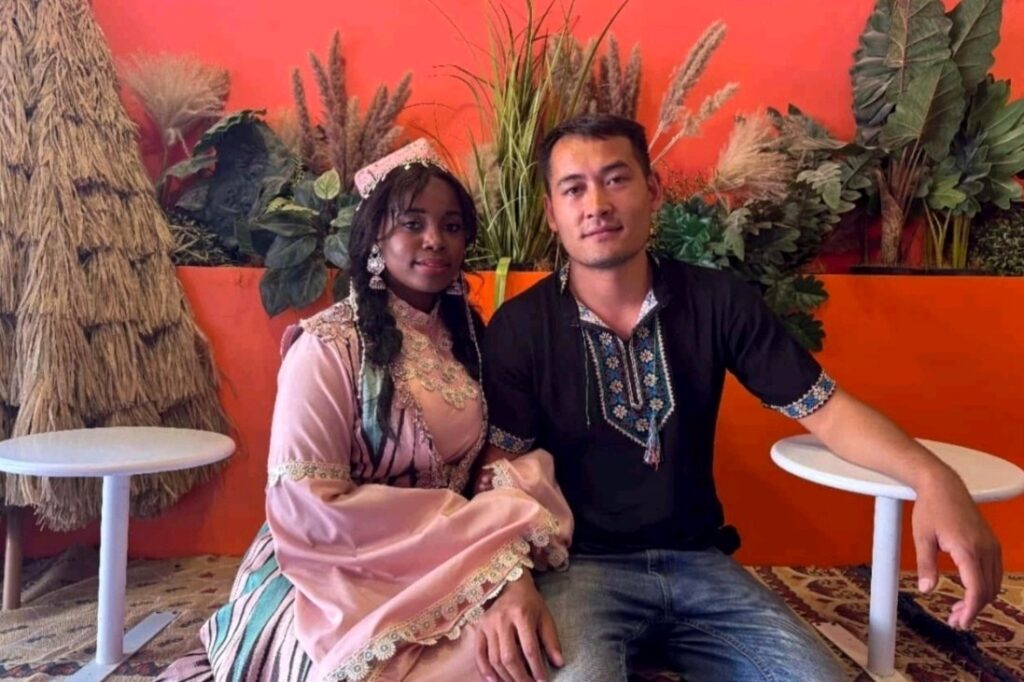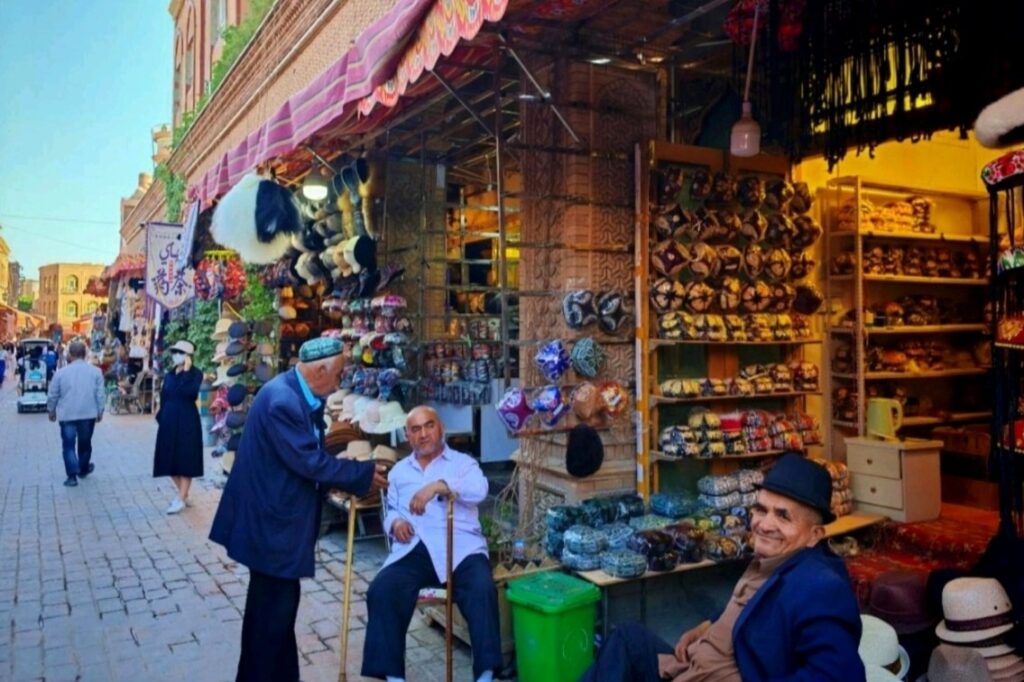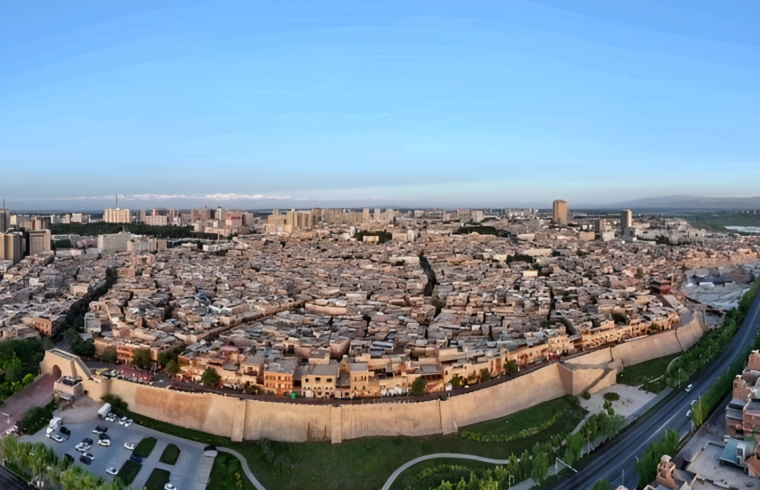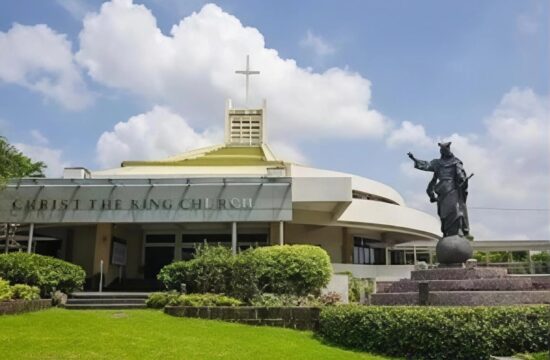In the oasis city of Kashgar, once a vital crossroads of the ancient Silk Road, history is not confined to ruins—it breathes through alleyways, fragrances, and stories of new encounters.
Located at the edge of China’s far west in Xinjiang, near the borders of Central and South Asia, Kashgar is reinventing its ancient cosmopolitan role, this time through the hum of espresso machines and the grind of trade routes being reborn.

At the heart of the city’s old quarter—where 2,000-year-old alleys wind through stacked earthen homes and carved wooden balconies—a café named Dili & Diya has become an unexpected symbol of this renewal. The owners, Dilxat Tursun, a local Uyghur, and his wife Hadiya, who hails from Zanzibar, met as students in Fujian.
Now back in Kashgar, they serve lattes brewed with Tanzanian beans and local milk, a blend that mirrors the East-meets-West fusion the city embodies. “The moment I arrived in Kashgar, I fell in love with it,” Hadiya told People’s Daily in an interview, noting the similarities between Kashgar’s ancient city and the Stone Town of her native Zanzibar.

(Photo by Che Bin / People’s Daily)
As their café draws more foreign visitors—thanks in part to China’s expanded visa-free policies—logistics for importing coffee have grown more complex. But help may soon arrive: the China–Kyrgyzstan–Uzbekistan Railway, which begins in Kashgar and is now under construction, promises faster shipping and broader trade horizons.
“We hope for its swift completion and operation, which would make coffee bean transport even easier,” said Dilxat. “More importantly, I believe this project will open up more trade opportunities and improve daily life for people in the countries along the route.”











